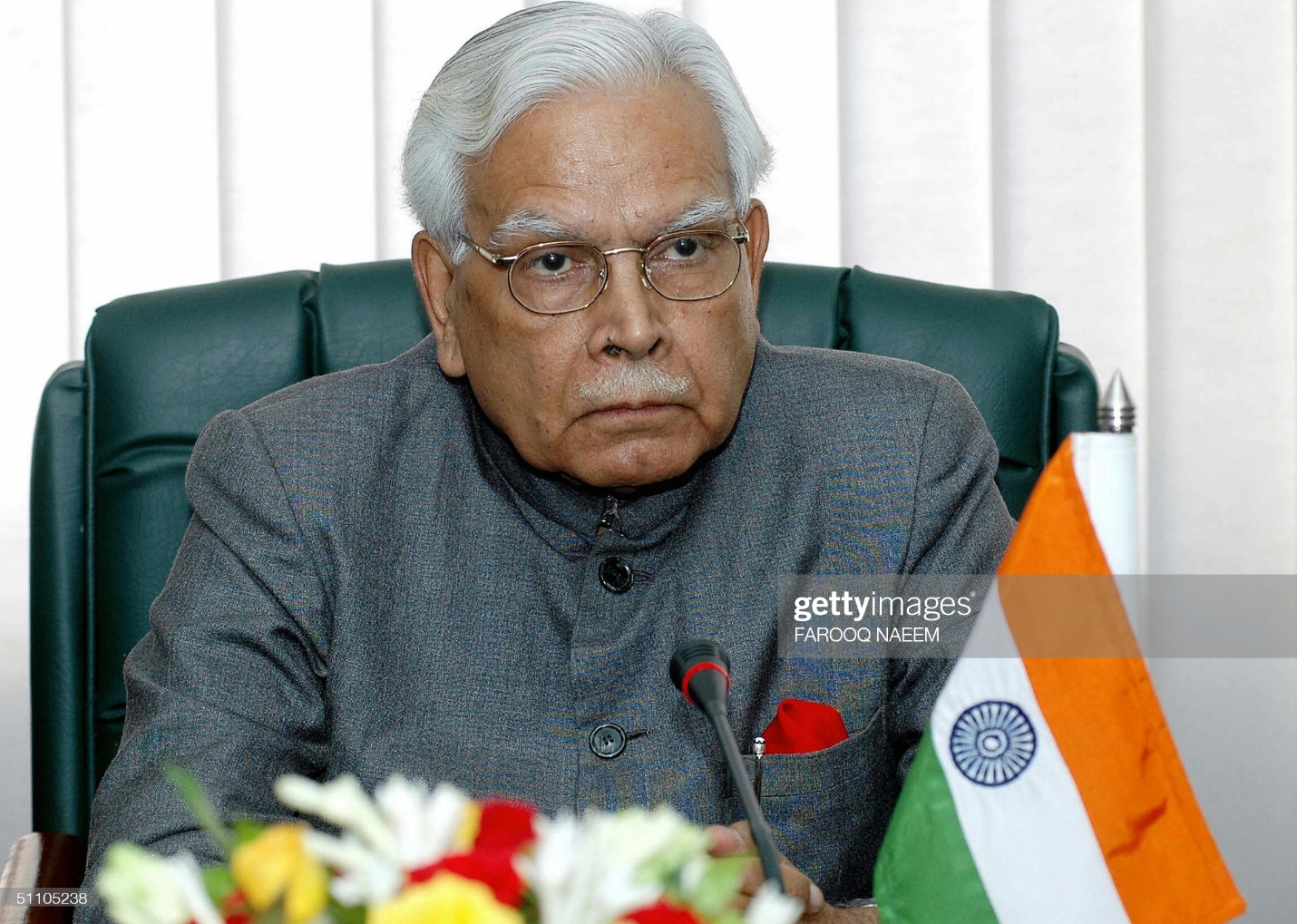Early life and education:-
He is the fourth son of Bhagore Jat Jagirdar Thakur Govind Singh of Jhagina and his wife Thakurani Prayag Kaur, Singh was born in the princely state of Bharatpur to an aristocrat Hindu Jat family related to the ruling dynasty of Bharatpur, He attended Mayo College and Scindia School, Gwalior, both traditionally for Indian princely clans and nobles, and took an undergraduate degree at St. Stephen’s College, Delhi. He subsequently studied at Corpus Christi College, Cambridge University and was a visiting scholar for a period at Peking University in China.
Diplomatic career :-
Singh joined the Indian Foreign Service in 1953 and served for 31 years. One of his earliest assignments was in Beijing, China (1956–58). He was then posted to New York City with the Permanent Mission of India (1961–66) and as India’s representative to Executive Board of UNICEF (1962–66). He served on several important UN committees between 1963 and 1966. In 1966, he was posted to the Prime Minister’s Secretariat under Mrs Indira Gandhi. He was part of the Indian delegation to the Heads of Commonwealth Meeting in Kingston, Jamaica in 1975. He was an Indian Delegate to the 30th Session of the United Nations General Assembly, New York, Heads of Commonwealth Meeting, Lusaka, Zambia in 1979 and the 35th Session of the United Nations General Assembly, New York. He also accompanied Mrs. Indira Gandhi on her State visit to the US in 1982. He served as an Executive Trustee, United Nations Institute for Training and Research (UNITAR) appointed by the Secretary-General, United Nations for six years (1981–86). He also served on the Expert Group appointed by the Secretary General of the Commonwealth, London in 1982. He was appointed Secretary-General of the Seventh Non-aligned Summit in New Delhi held in 1983 and Chief Coordinator of the Commonwealth Heads of Government Meeting (CHOGM) in New Delhi in the same year. He served as Secretary in the Ministry of External Affairs from March 1982 to November 1984.
He received the Padma Bhushan, a distinguished award from the Government of India, in 1984.
Political career:-
In 1984, after resigning from the Indian Foreign Service, Singh joined the Congress party and was elected to the 8th Lok Sabha from Bharatpur constituency in Rajasthan. In 1985, he was sworn in as a minister of state (who is a minister, but one level below a cabinet minister) and allotted the portfolios of steel, coal and mines, and agriculture. In 1986, he became minister of state for external affairs. In that capacity, he was elected President of the UN Conference on Disarmament and Development held in New York in 1987, and also led the Indian delegation to the 42nd Session of the UN General Assembly. Singh remained a minister of state for external affairs until the Congress party lost power after being defeated in the general elections of 1989. In those elections, he contested and lost the Mathura seat in Uttar Pradesh. The Congress party returned to power after the elections of 1991, with P.V. Narasimha Rao as Prime Minister since Rajiv Gandhi has lately been assassinated. At this time, Singh was not an MP and could not be a minister. His importance lay solely in perceived proximity to the Sonia Gandhi, of which he was a staunch and avowed loyalist. He duly developed differences with the Prime Minister and left the party along with N.D. Tiwari and Arjun Singh, to form a new political party, All India Indira Congress. In 1998, after P.V. Narasimha Rao had been shunted into oblivion and Sonia Gandhi had regained complete control of the party, the three family loyalists merged their new party into the Congress party and returned into the service of the Gandhis.
Singh was rewarded with a ticket to contest the general elections of 1998, and returned to parliament after a gap of nine years, when he was elected to the short-lived 12th Lok Sabha (1998–99) from Bharatpur. However, he had to sit in the opposition benches, and then he lost the elections of 1999. After a further hiatus of three years, he was elected (indirectly) to the Rajya Sabha from Rajasthan in 2002. The Congress party came back to power in 2004, and Prime Minister Manmohan Singh appointed Natwar Singh as the Minister for External affairs.
References :-
- “Volcker Report names Natwar Singh and Congress Party as “beneficiaries””. The Hindu. 29 October 2005. Archived from the original on 31 October 2005.
- India Today
- “K Natwar Singh: External Affairs Minister”. Hindustan Times. 18 June 2004. Retrieved 4 May 2020.
- “Padma Awards” (PDF). Ministry of Home Affairs, Government of India. 2015. Retrieved 21 July 2015.
- “Volcker Report names Natwar Singh and his family as “beneficiaries””. The Hindu. 29 October 2005. Archived from the original on 31 October 2005. Retrieved 30 May 2011.
- Singh, Onkar (6 December 2005). “Natwar Singh resigns from Union Cabinet”. rediff News. Retrieved 30 May 2011.
- Thakur, Pradeep (26 March 2006). “Oil-for-food: ED traces Rs 8-cr to Delhi bank”. The Times of India. Archived from the original on 14 June 2012. Retrieved 30 May 2011.
- “Home ” Nation Natwar Singh quits Congress”. Zee News. 13 February 2008. Retrieved 30 May 2011.
- “One Life is Not Enough”: Natwar Singh’s autobiography to rock the capital – The Hindu
- Inside Track: Kissa kursi ka | The Indian Express | Page 99
- Kunwar Natwar Singh Wiki.


